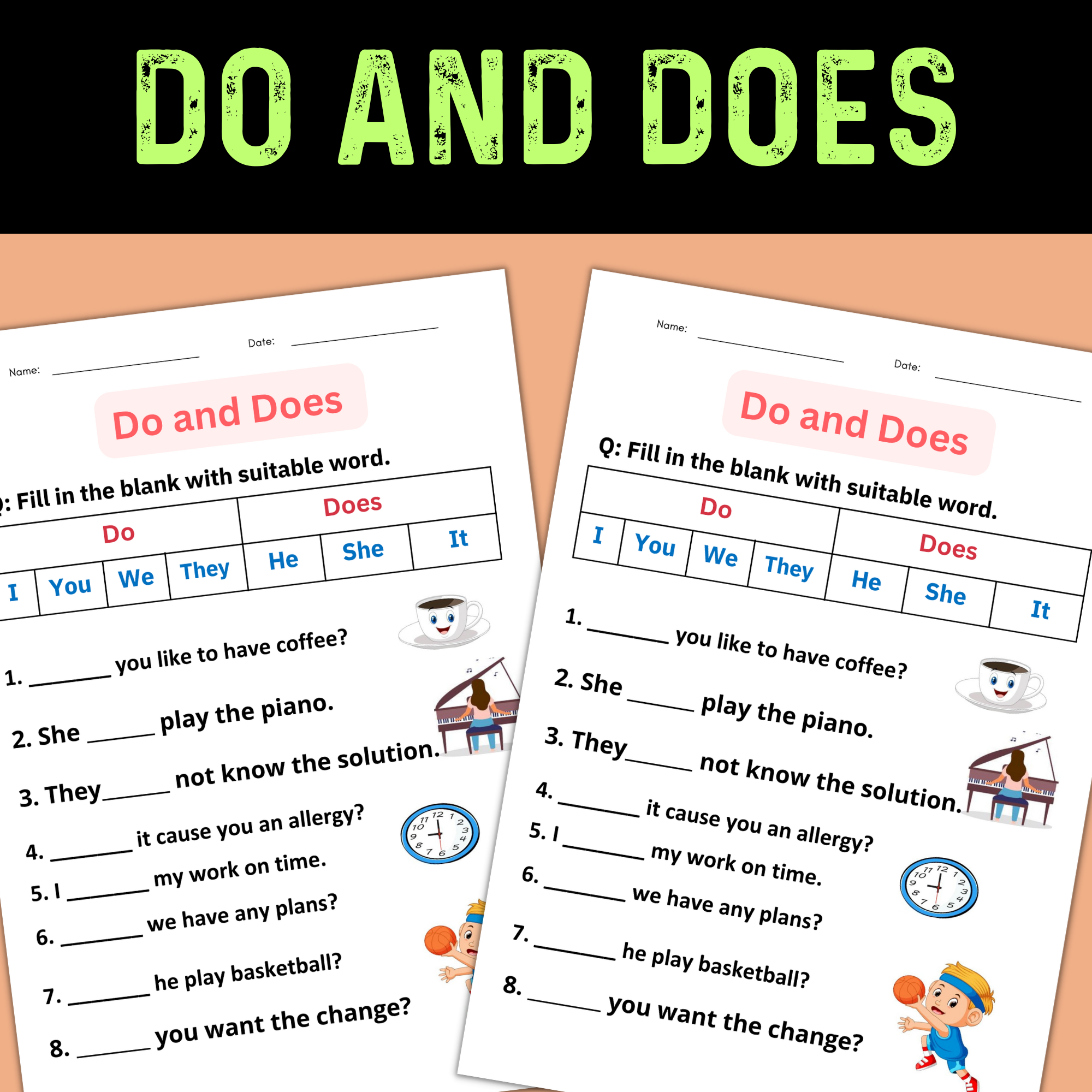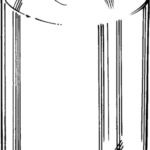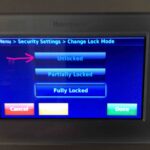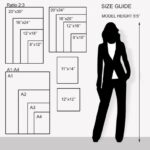Does Home Depot Copy Keys? Services, Limits, Pricing, and Smarter Alternatives

Quick Answer
Yes, large home improvement retailers commonly duplicate standard house, office, and padlock keys, often using in-store kiosks or staffed key-cutting stations. Typical prices for basic keys may be around a few dollars per copy, but advanced or automotive keys can be limited and may require a locksmith or dealer. Always verify services and availability with your local store before visiting [1] .
What Key Types Are Commonly Copied In-Store
Most stores can duplicate standard residential and light commercial keys, especially common keyways like **KW1 (Kwikset)** and **SC1 (Schlage)**. These are among the most frequently supported blanks for homes and many office doors, making them straightforward to copy at big-box hardware counters or kiosks [1] . Kiosks such as Minute Key machines provide rapid self-service duplication for home, office, and padlock keys; they scan the original and cut a new key in minutes, which is convenient when staffing is limited [2] .
By contrast, high-security keys (e.g., restricted blanks) and certain specialty profiles may not be supported at big-box stores. In those cases, a professional locksmith is recommended because authorized blanks and verification protocols may be required before duplication [1] .
Pricing: What You Can Expect to Pay
For common, non-restricted house or office keys, the price per duplicate often falls into the low single digits per copy. Industry guidance from a professional locksmith resource indicates that basic home key duplicates at big-box counters have been priced around approximately $4 per copy, with many locksmiths charging similarly for like-for-like blanks. Prices can vary by market, blank type, and machine used, so it is prudent to check your local store’s current pricing before you go [1] .
Self-service kiosks frequently display their prices up front and complete the process in minutes. While these machines emphasize speed and convenience, you should still test the new key in your lock as soon as possible to confirm smooth operation [2] .
Limits With Car Keys, Transponders, and Fobs
Automotive keys present special constraints. Many modern car keys use transponder chips and require electronic programming to start the vehicle. Big-box hardware stores typically cannot program these chipped keys end-to-end; a locksmith or dealership is often required to handle the programming step. As a result, duplication of transponder keys at a large retailer may be limited or unavailable, particularly for newer models. When in doubt, consult a qualified automotive locksmith or the dealer for programming and compatibility requirements [1] .
Some stores may offer basic car key copies (for older, non-chipped keys) or key fob accessories, but availability varies widely by brand and year. Before you make a special trip, call your local store to confirm whether they can cut your specific automotive key and whether programming is supported on-site [1] .
How In-Store Key Copy Kiosks Work
Self-service kiosks scan your original key, match the pattern to a compatible blank, and cut a duplicate within minutes. The experience is designed for convenience: you insert your key, select the style, review the price, and the machine cuts the copy automatically. These kiosks highlight fast turnaround for common residential and padlock keys. According to the kiosk provider Minute Key, keys for home, office, and padlocks can be cut quickly at many locations nationwide [2] .
Real-world experiences vary with any automated cutting process. Some users report fast, accurate results, while others caution that machine calibration or key wear can affect outcomes; testing the copy immediately is a best practice to ensure it turns smoothly and does not stick. If a copy does not work properly, store policies or kiosk guarantees may allow a remake or refund; ask an associate or consult the kiosk help instructions on-site for resolution steps [2] .
Step-by-Step: Getting Your Key Copied Smoothly
1) Identify your key type. Check the head or shaft for markings like KW1 or SC1 (common residential). If your key is marked “Do Not Duplicate,” high-security, or part of a restricted system, plan to contact a locksmith for authorization and service [1] .
2) Inspect your original key. A visibly worn, bent, or damaged key may produce a poor duplicate. If wear is heavy, consider having a locksmith originate a key by code or re-key the lock to a fresh key for better long-term reliability [1] .

Source: grammarist.com
3) Choose service location. For basic house/office keys, you can use an in-store kiosk or staffed counter. Kiosks emphasize speed and accessibility for common blanks and are widely available at major chains [2] .
4) Verify pricing and timing. Expect a low, per-key price for standard blanks; confirm the current cost at your local store. If you need multiple copies, ask whether there are bundle savings or promotions at the counter or kiosk screen [1] .
5) Test the duplicate immediately. Before leaving the parking lot, try the new key in your lock (if feasible) or test it as soon as you get home. If it sticks or doesn’t turn smoothly, request an adjustment or remake based on the store or kiosk guarantee [2] .
6) For cars, plan for programming. If your vehicle uses a transponder or smart key, call a professional automotive locksmith or dealership to confirm compatibility, key blank requirements, and programming steps. Many modern vehicles require specialized tools and immobilizer procedures that big-box retailers do not perform [1] .
When to Choose a Locksmith Instead
Select a professional locksmith when you need any of the following: restricted or high-security key systems, lock rekeying or master keying, transponder key programming, lockout service, or precision replication for worn or damaged originals. Locksmiths can originate keys by code and ensure proper bitting when duplicates from worn keys fail. They can also advise on upgrading to higher-security cylinders or patented keyways if key control is a concern in rentals or offices [1] .
As a practical example, if your office uses a Schlage SC1 keyway but the original is heavily worn and copies from kiosks keep sticking, a locksmith can decode the lock or use factory specifications to create a properly cut key that operates reliably. This reduces callbacks and ensures the door functions smoothly over time [1] .
Troubleshooting Common Issues
Copy works intermittently: The original may be worn or the lock may be dry. Try lubricating the lock with a dry lubricant and request a re-cut from a better original. If problems persist, consult a locksmith to originate a key by code [1] .
Key doesn’t insert fully: You may have a similar-looking but different keyway. Verify the keyway marking and request the correct blank. Locksmiths carry a broader range of blanks than many big-box stores [1] .
Automotive key won’t start car: Even if the metal blade turns, a missing or unprogrammed transponder chip will prevent starting. Contact an automotive locksmith or dealer to program the chip to your vehicle’s immobilizer [1] .

Source: gyngenyeestudyquizz.z14.web.core.windows.net
Alternatives and Backup Plans
If your local store cannot copy your key, consider: (1) visiting another location that hosts a self-service kiosk like Minute Key for fast duplication of common keys; (2) contacting a mobile locksmith who can come to your location; or (3) checking with the original lock’s manufacturer or property manager about authorized duplication for restricted systems. Minute Key kiosks list supported key types and provide a location finder to identify nearby machines that handle home, office, and padlock keys quickly [2] . For vehicle keys requiring programming, plan ahead with a locksmith to avoid downtime and towing costs [1] .
How to Prepare Before You Go
Bring the best-condition original you have, note the keyway (e.g., KW1/SC1), and call the store to confirm they carry that blank. If you anticipate frequent duplication needs-such as for roommates or staff-keep a fresh original set aside strictly for making copies. For vehicles, write down your VIN and make/model/year; locksmiths or dealers may request this when programming a transponder or ordering a compatible blank [1] .
Key Takeaway
Big-box home improvement stores are a convenient, low-cost option for standard residential and office key copies, especially via in-store kiosks. For high-security, restricted, or transponder-equipped automotive keys, a professional locksmith or dealer is typically necessary to ensure compatibility, legality, and reliability [1] [2] .






